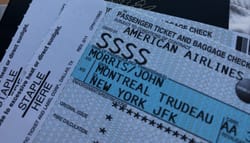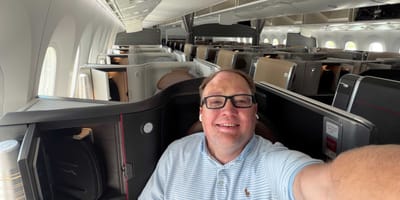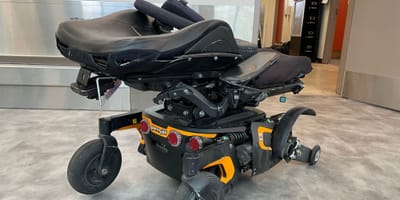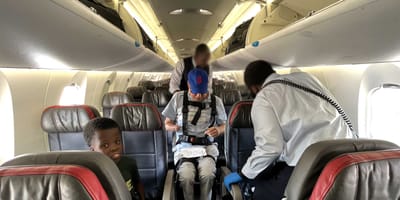The Chicago Business Journal recently reported that American Airlines is embedding “service analysts” on flights to check that flight attendants are working in accordance with the airline’s “Onboard Service Manual.” These analysts review “everything from boarding to service,” according to a memo obtained by the publication.
Employees performing these ride alongs are much like mystery shoppers, who are often used by companies and market research organizations to measure quality of service and to identify regulatory compliance issues. When there are issues with a product or service, it is better to identify and correct them before they become liabilities.
If the initiative’s goal is to achieve a more consistent customer experience, American and other airlines should also target what is perhaps the greatest inconsistency in air travel: the service provided to passengers with disabilities.
Airlines’ failure to comply with the Air Carrier Access Act and other FAA regulations has been well documented on this blog. Each violation is significant in that it has the potential to dramatically (and negatively) impact the disabled passenger experience. With standards of service varying between air carriers, airports, assistance contractors and even from one boarding gate to the next, travelers with disabilities don’t know what to expect.
Every airline says that their #1 commitment is to safety. If so, they should employ service analysts with disabilities to measure compliance at every point in the accessible air travel journey. Each aspect of that journey has an impact on passenger safety, from boarding procedures to the handling of personal mobility equipment. No step is insignificant, and breakdowns should be identified, catalogued and remedied through targeted training and appropriate disciplinary action.
The stakes are high.
When the right to preboarding is denied, lifts and transfers may be rushed as the passenger’s comfort and safety (and that of their gate-checked mobility equipment) takes a back seat to an on-time departure.
When wheelchairs are returned damaged or inoperable, the passenger could be left without a critical mobility/medical device for weeks, jeopardizing their health and well-being.
When flight attendants fail to provide the federally-mandated personalized safety briefing to passengers who may need assistance in an emergency evacuation, the stakes are heightened to a matter of life and death.
The stakes are very high indeed.
These accessibility concerns should be given greater weight than whether the business class meals were plated properly, or whether the credit card pitch was made at the right time.
And if airlines won’t do it? The Department of Transportation should. And you, as a passenger, should report every single ACAA violation you encounter. You can hold airlines accountable to the law by reporting violations promptly.
Would you take a job as a disability service analyst at an airline?
What is the main issue you face with air travel?
Let me know in the comments below!















